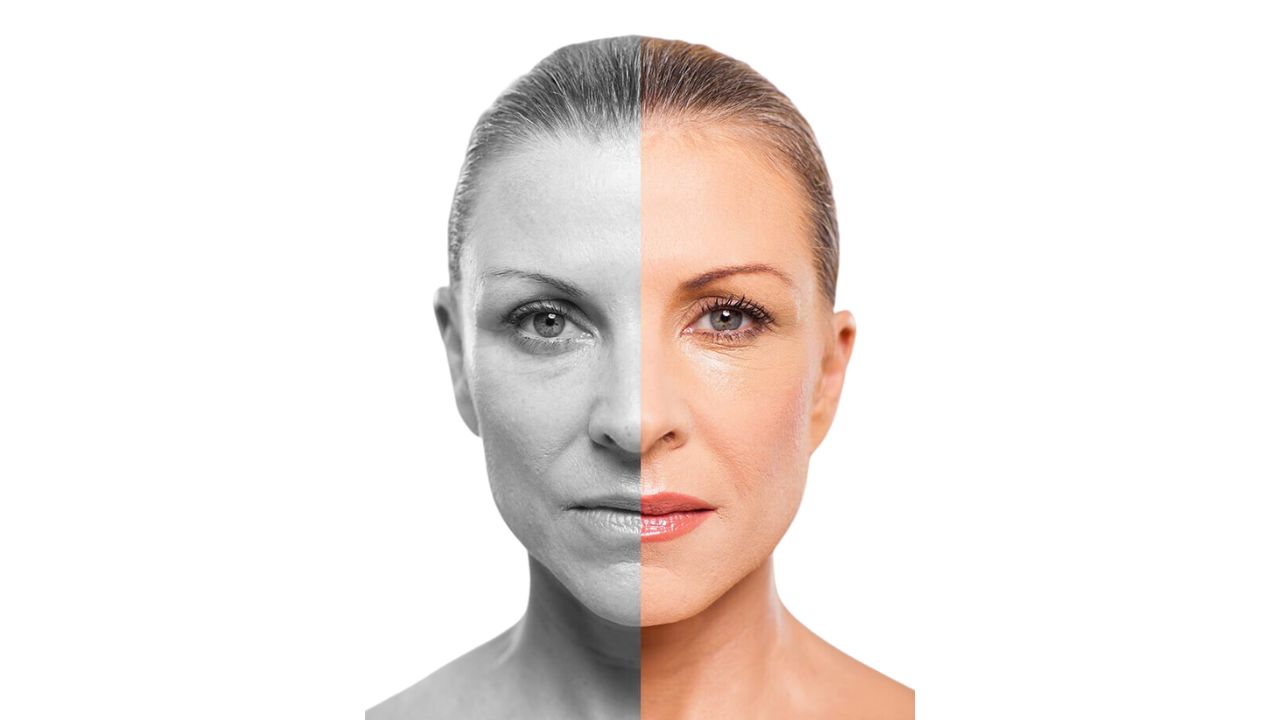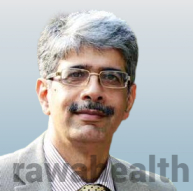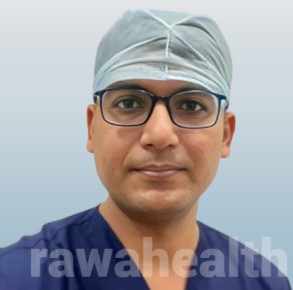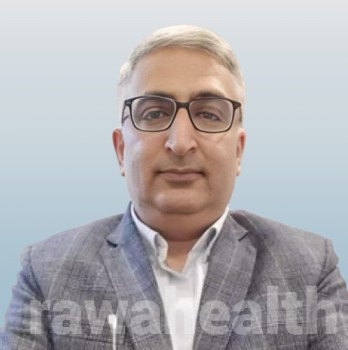 Facial Plastic Surgery in India
Facial Plastic Surgery in India
Facial plastic surgery encompasses a variety of procedures aimed at enhancing or reconstructing facial and neck structures such as the chin, cheekbones, ears, and neckline. Beyond aesthetic enhancements, it addresses deformities caused by sun damage, injuries, aging, or congenital conditions like cleft lip and palate.
Ideal Candidates for Facial Plastic Surgery
Suitable candidates typically include individuals needing correction for facial deformities, loose or sagging skin, an extra chin, a weak jawline, recessed cheeks, and mild to severe wrinkles. Additionally, candidates should be in good physical health.
Who Should Avoid Facial Plastic Surgery?
Patients with certain medical conditions, such as diabetes, high blood pressure, bleeding disorders, heart disease, obesity, alcohol abuse, smoking habits, poor nutrition, or unrealistic expectations, should avoid facial plastic surgery.
Preparing for Facial Plastic Surgery
Before the procedure, the surgeon will explain the surgery, potential changes, benefits, risks, and side effects. Patients should be fully informed and can ask questions such as how the procedure is performed, alternatives, expected outcomes, duration, and potential scarring. Preparation includes a medical assessment, body inspection, face photos for comparison, avoiding anti-inflammatory medications, and quitting smoking.
Types of Facial Plastic Surgery
- Facial Reconstruction: Repairs defects post-cancer surgery, birthmark removal, congenital deformity repair, and scar revision.
- Browlift: Raises the brows and improves forehead appearance, treating wrinkles, droopy, and low eyebrows.
- Rhinoplasty (Nose Job): Enhances the nose’s look and function, correcting the tip, bridge, nostrils, and overall size.
- Blepharoplasty: Improves eyelids’ appearance and function, addressing drooping eyelids.
- Liposuction: Removes excess fat from the neck or beneath the chin.
- Rhytidectomy (Facelift): Reverses facial aging signs by tightening skin and removing wrinkles.
- Facial Implants: Enhances facial structures like cheekbones, chin, and jaw.
- Otoplasty: Reshapes ear structure to treat conditions like protruding ears.
Post-Surgery Follow-Up Care
Post-surgery, patients might experience swelling, which can last for months. The incision site might bleed or drain initially but usually resolves quickly. Post-operative care includes avoiding strenuous activities, minimizing facial expressions, gentle handling of incisions, refraining from makeup until cleared by the surgeon, avoiding sun exposure, and abstaining from hair coloring or bleaching for several weeks.
Facial plastic surgery in India offers cost-effective solutions with top-quality care by skilled professionals, making it a preferred destination for those seeking facial enhancements and reconstructive procedures.

 Facial Plastic Surgery in India
Facial Plastic Surgery in India


